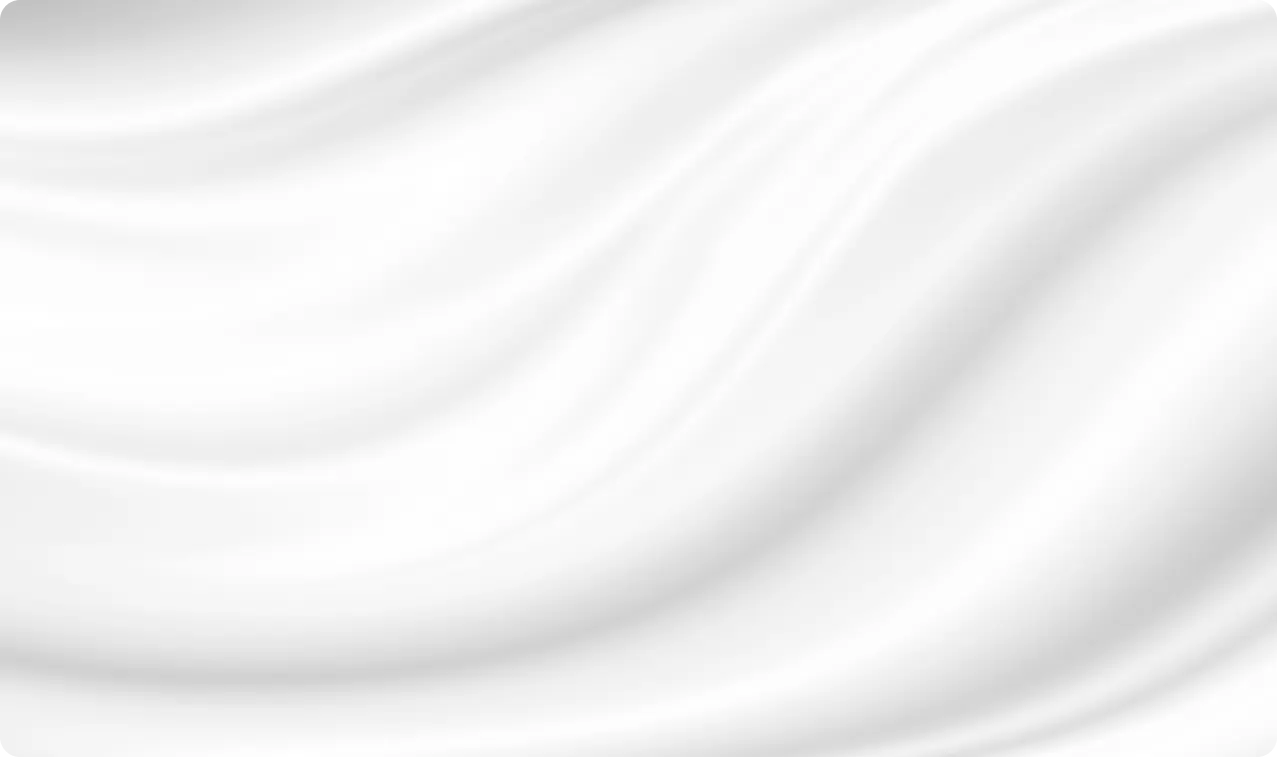What are the crucial factors that determine the ideal syringe amount for your cheek filler treatment?
If you’re considering cheek filler injections to restore lost volume and enhance facial contours, one of the first questions that may come to mind is “how much product will I need?”
The answer isn't as simple as a one-size-fits-all number. With this guide, we'll explore the factors that determine the required syringe amount

When it comes to cheek filler injections, the standard syringe sizes range from 0.5ml to 1ml .
The most commonly used syringe size for cheek augmentation is 1ml, as it allows for a noticeable enhancement while maintaining a natural appearance. However, smaller 0.5ml syringes may be used for precise contouring or touch-ups in specific areas.
Larger 2ml syringes are less common and may require multiple injection points to distribute the filler evenly.
Determining the right amount of cheek filler to inject is a personalized process that takes into account several key factors:
The more volume loss you have experienced, the more filler may be required to restore a youthful, contoured appearance.
Your desired outcome, whether it's a subtle enhancement or a more dramatic transformation, will influence the amount of filler needed.
Your unique facial features, such as bone structure and pre-existing volume, will impact the syringe amount required for optimal results.
The condition of your skin, including its elasticity and thickness, can affect how much filler is needed to achieve the desired contours.
During your consultation, your injector will carefully evaluate these factors and discuss your treatment goals to create a personalized plan that suits your needs.
The standard dosage of cheek filler per syringe varies depending on the specific product used and the treatment area. Most dermal fillers are packaged in 1ml syringes, which can contain anywhere from 0.5ml to 1ml of product.
Some common cheek filler dosage recommendations include:
It's crucial to remember that using excess filler can create an overfilled or unnatural appearance. A skilled injector will prioritize a conservative approach, starting with a smaller amount and gradually building up to the desired result over multiple sessions if needed.
When it comes to administering cheek augmentation filler, the recommended syringe size is typically 1ml. This syringe size provides a good balance between precision and efficiency, allowing the injector to accurately place the filler while minimizing the number of injection points.
Smaller 0.5ml syringes may be used for targeted contouring or addressing specific concerns, such as filling in a depression or smoothing out a fine line. However, using smaller syringes for the entire cheek area may be more time-consuming and require more injection points.
Larger 2ml syringes are not commonly used for cheek augmentation, as they can be more difficult to control and may result in an uneven distribution of the filler.
Along with your facial anatomy, there are other important factors your provider will take into account when calculating the ideal filler amount:
Your provider will factor in all these elements to determine the right cheek filler dosage for beautiful, proportionate results that look and feel completely natural.

As you can see, there are many factors involved in selecting the right syringe quantity for your cheek augmentation.
Here are some tips for getting the ideal filler amount tailored to your unique facial contours and treatment goals:
The ideal cheek filler amount is unique for every patient. Working closely with an experienced injector who takes the time to understand your anatomy and goals is key - this ensures a treatment plan tailored to your specific needs.
While general syringe guidelines exist, your real-life facial contours are exceptional. Let the artistry and expertise of your treatment provider determine the perfect amount of filler to help you achieve your most beautiful and confident look.

New Patients Enjoy $100 OFF on Tox or Filler Appointments!
*minimum 1 full syringe or minimum 25 units; Cannot be combined
